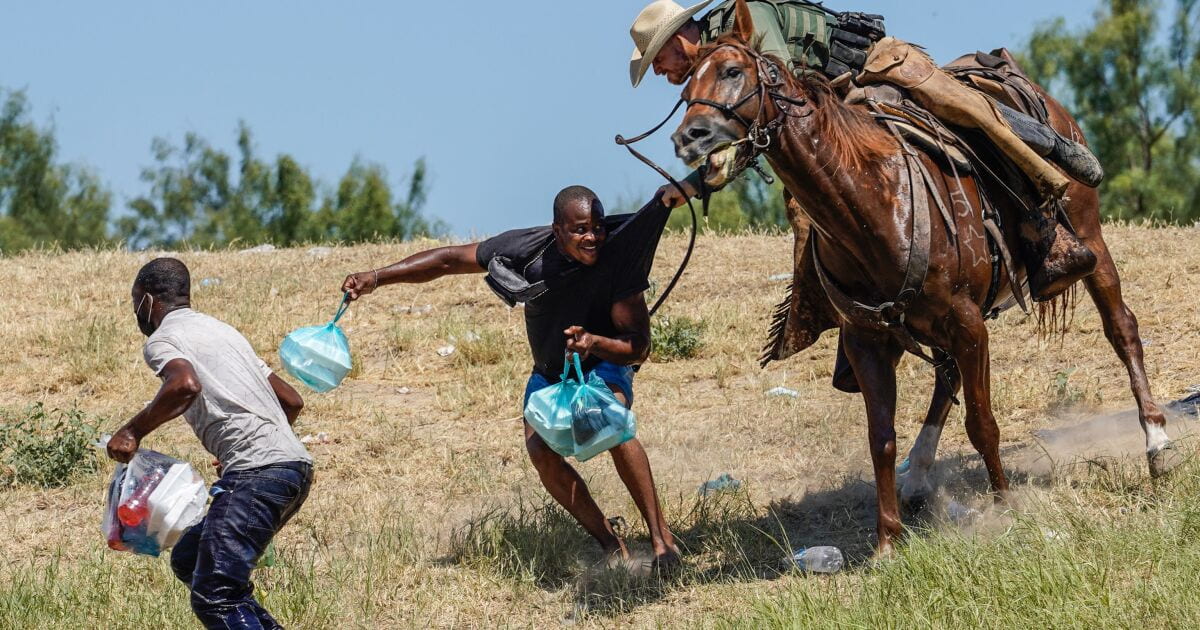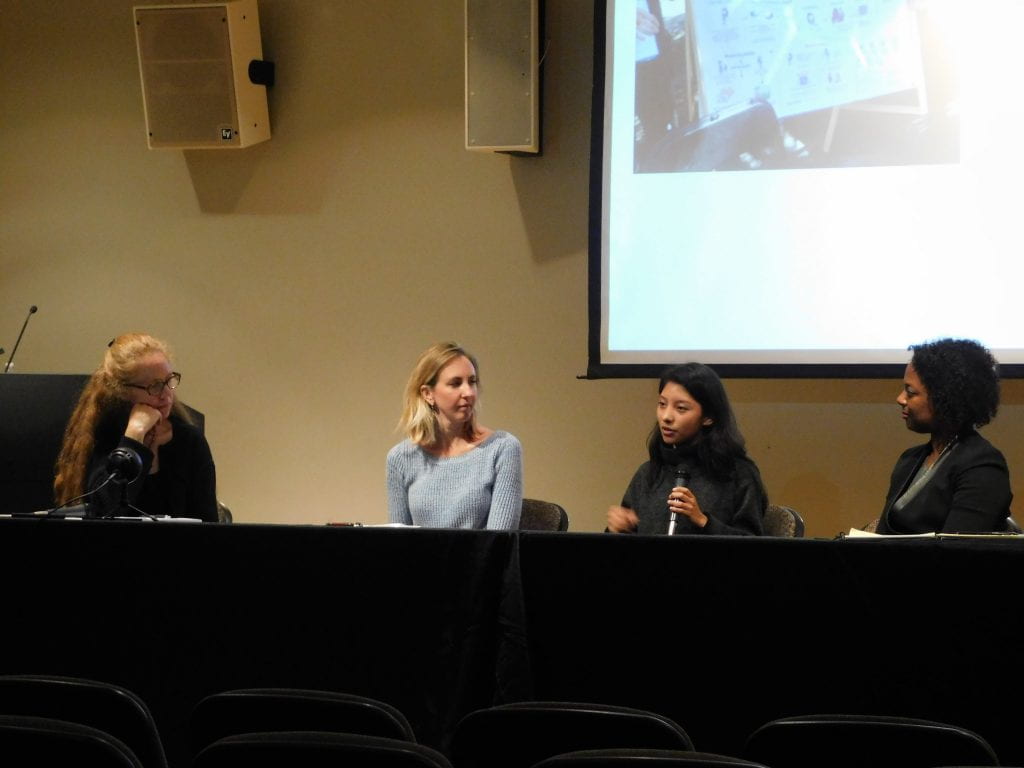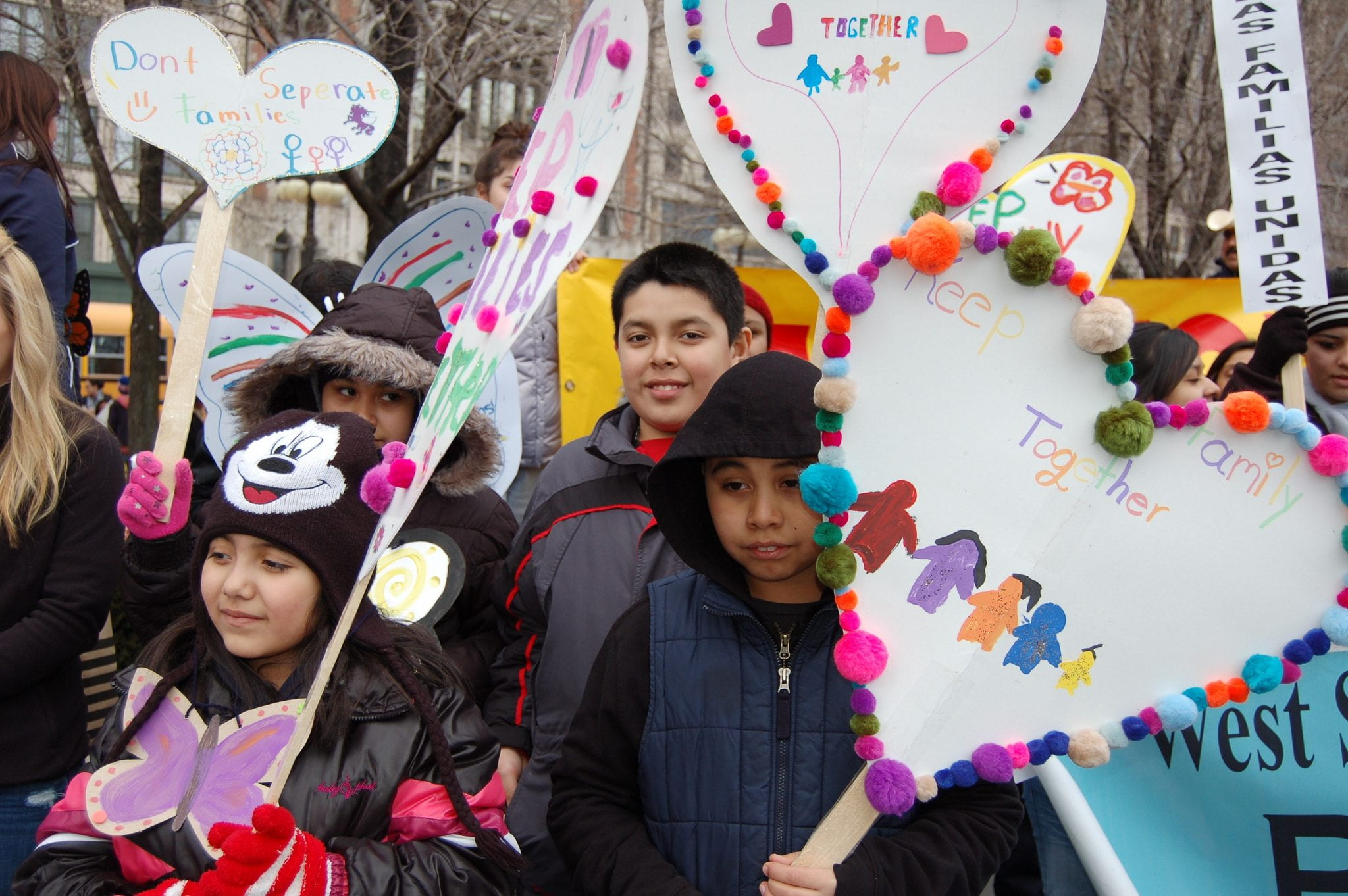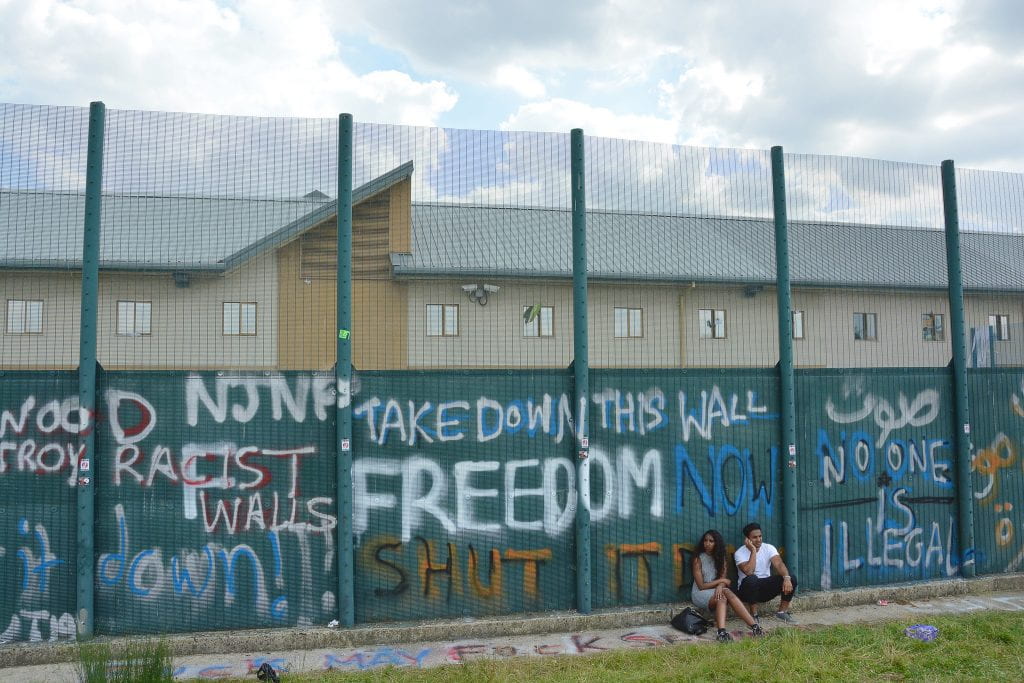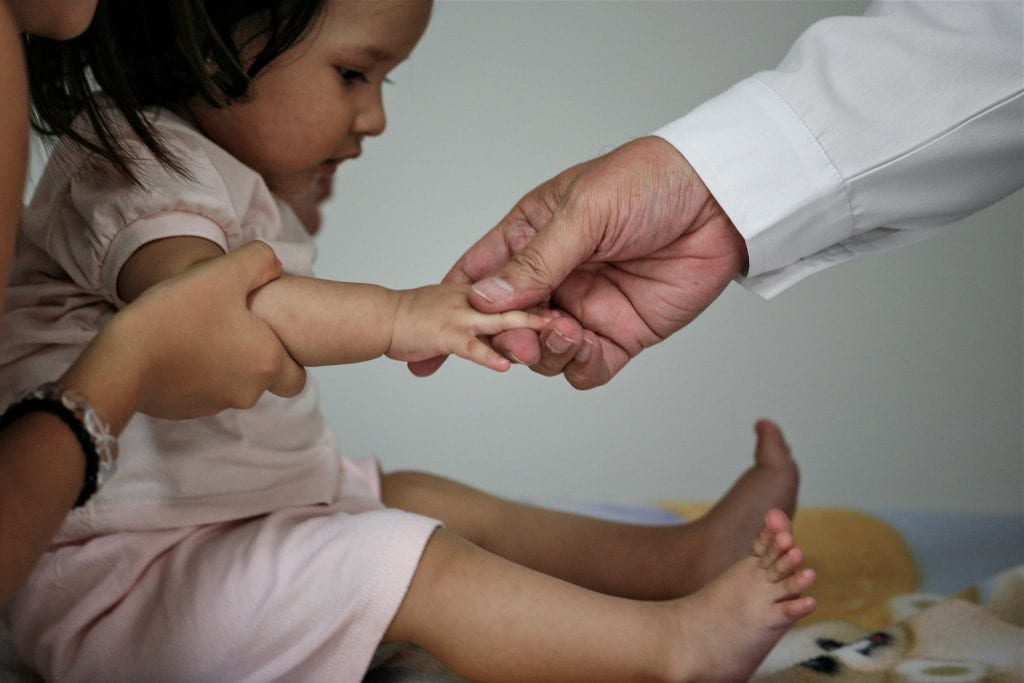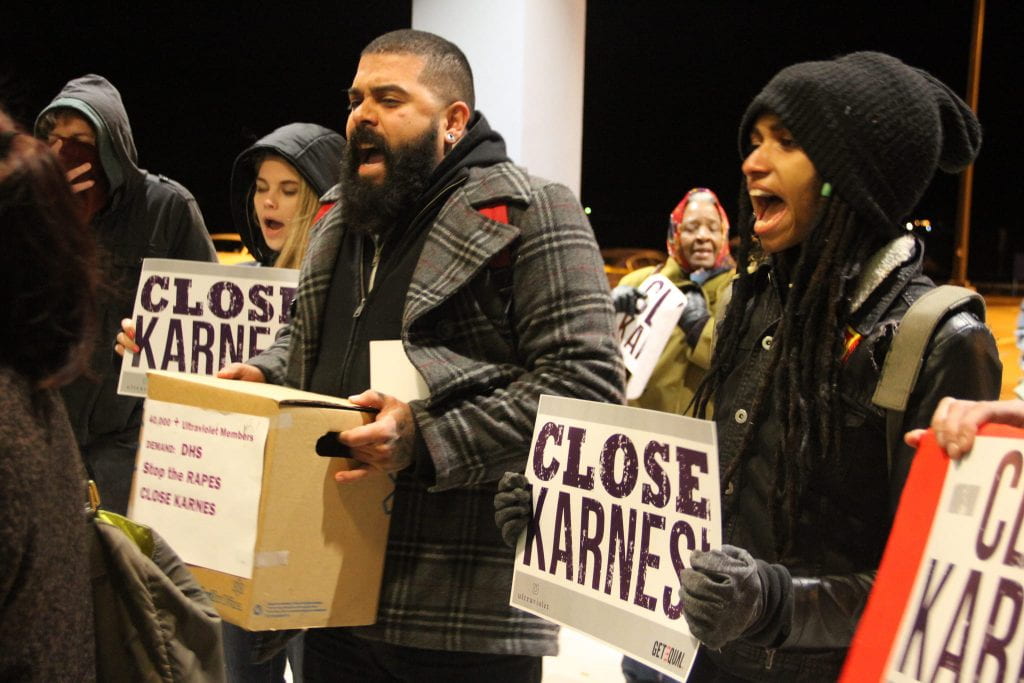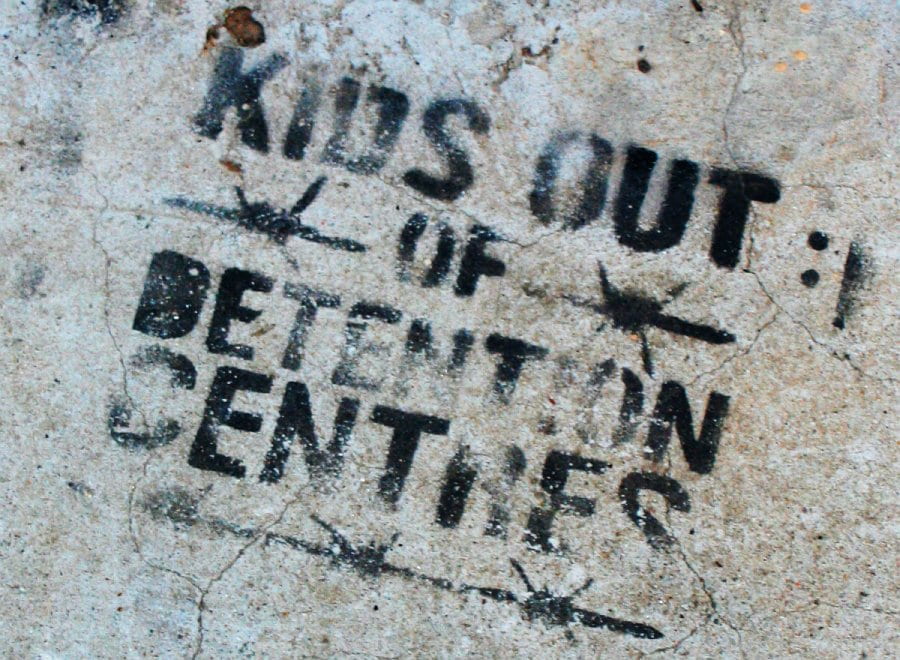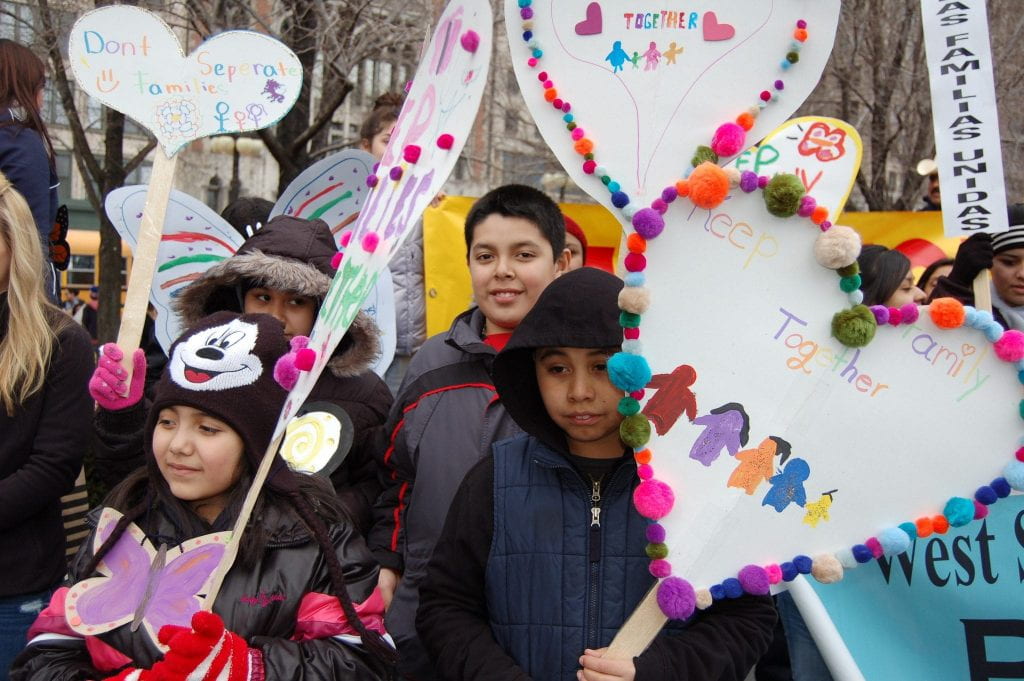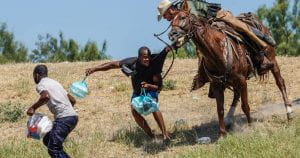
On October 10, 2021, seventeen migrants fleeing from Cuba were apprehended after coming ashore near Key West, Florida. Arriving on a “chug”, or small, rustic boat that is common for those fleeing Caribbean nation-states, the migrants were given breakfast by police. Despite this small gesture of kindness, the migrants will most likely end up being deported back to Cuba.
As reported by the Miami Herald, in the fiscal year of 2021, the United States Coast Guard arrested 838 Cuban migrants, a staggering number considering that only 49 were detained in 2021. This recent uptick in Cuban migration reverses a downward trend that was seen after President Obama ended the “wet foot, dry foot” policy in 2017, which had allowed most migrants who made it to American soil to stay in the nation. The policy had first been introduced in 1995, and it’s reversal was an attempt to “normalize” diplomatic relationships with Cuba. Since the Cuban Revolution in 1959, over one million Cubans have uprooted their lives to come to the United States.
But perhaps even more alarming to those watching over the rights of undocumented persons is the plight of over 30,000 Haitian migrants who were expelled back to Haiti by Texas immigration authorities in record time in September 2021. Twitter exploded when a photo of U.S. border control agents on horseback chasing Haitian migrants was posted, highlighting the inhumane treatment many fleeing refugees face when making the dangerous journey to the United States. Immigration, an issue that has been a hot-button topic in the United States for decades now, has once again come into the collective conscience of domestic issues in the United States. Reform, now perhaps more than ever, is the call of all Americans, regardless of political alignment.
The Causes of Haitian Migration to the United States
To understand the migration crisis that is currently occurring at the southern border of the United States, it is paramount to explore the issues that are causing people to make a life-threatening journey of thousands of miles for the wish of a better future.
Haiti has experienced both natural disaster and political instability this year. On July 7, 2021, Haitian President Jovenel Moïse was assassinated in his home in Pourt-a-Prince, leaving the county in a vacuum of political unrest. And barely one month later, the already unstable state was rocked by a 7.2 magnitude earthquake, killing over 2,300 people and injuring over 12,000. 77% of those affected were already experiencing poverty.
Haiti has also been unable to recover from the 2010 earthquake, with over 300,000 people still living in unofficial housing or displacement camps. The cholera epidemic that was introduced by United Nations peacekeeping forces in the aftermath of the earthquake has infected over 800,000 people and claimed the lives of over 10,000. Haiti continues to hover in the bottom 10% of nations on the Human Development Index, with 2020’s report seeing Haiti at #170 out of 189 nations tracked by the system, the lowest of any country in the Western Hemisphere.
The promise of economic opportunity for Haitians, who are expected to earn $1,709 dollars per capita as Gross National Income, is enough to draw many away from Haiti. But as climate change continues to make tropical storms more numerous and severe in the Caribbean, we are not only seeing economic and political refugees flee to the United States, climate refugees have already begun to flee the immense poverty and misery present in Haiti and other Caribbean island nations. Climate refugees, This multitude of push factors have led hundreds of thousands to flee to the United States on the often unobtainable promise of a better life in a new country.
Attempts to Reform Immigration in the United States
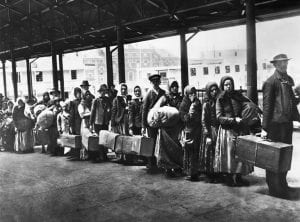
The immigration debate in the United States has existed for almost as long as our nation itself. While immigrants from nations such as Ireland and Italy faced harsh discrimination throughout the 19th century, immigration remained relatively open and free. After the Supreme Court declared immigration regulation a federal responsibility in 1875, immigration controls were put in place quickly, with the Chinese Exclusion Act of 1882 beginning over a century of isolationist, anti-immigration political rhetoric and policy that lasts to this day.
After current President Joe Biden declared that the current United States immigration policy was a “moral failing”, human rights activists were excited for changes that would allow asylum-seekers and refugees an easier path to shelter. Biden also promised to “tackle the root causes of irregular migration”, sending a message that human rights abuses causing the crisis we are seeing out of Haiti and other Central American countries may finally be dealt with, raising the standard of living throughout these states and limiting the need for refugees to uproot their livelihoods to come to America.
Despite the hope for immigration reform on all sides of the American political spectrum, misinformation and fear have brought the possibility of positive change to a grinding halt. The most popular plan as of now is to introduce a path to citizenship for those who came to the United States before 2010. While this is amazing progress, it does not address the modern immigration crisis we have seen occur in the 2010’s into this new decade. It also would not provide amnesty for any Haitian refugees or asylum seekers who came to America in the aftermath of the 2010 Haitian earthquake.
There has been positive progress towards providing refuge from international crisis. The United States has seen a massive decrease in immigration arrests in fiscal year 2021. With the lowest numbers reported in a decade, the level of arrests in 2021 was 4.5x less than it was in 2011. Despite this progress in policy enforcement, actual changes in policy that tackle the systemic causes of mass migration from Central America and allow asylum seekers to more easily enter the United States would truly alleviate the migration crisis at our southern border.
